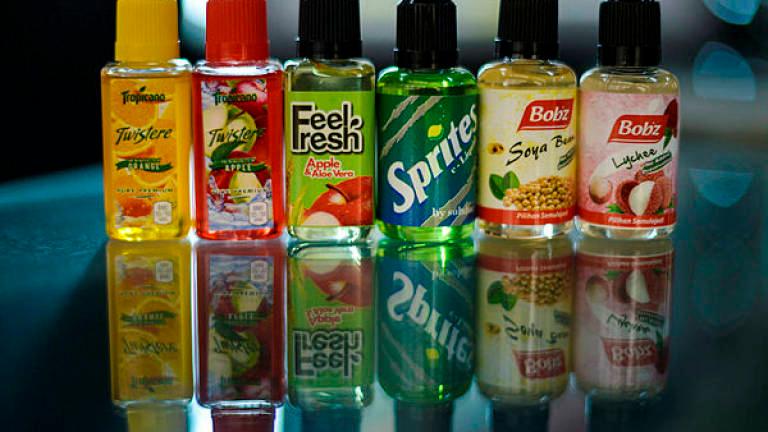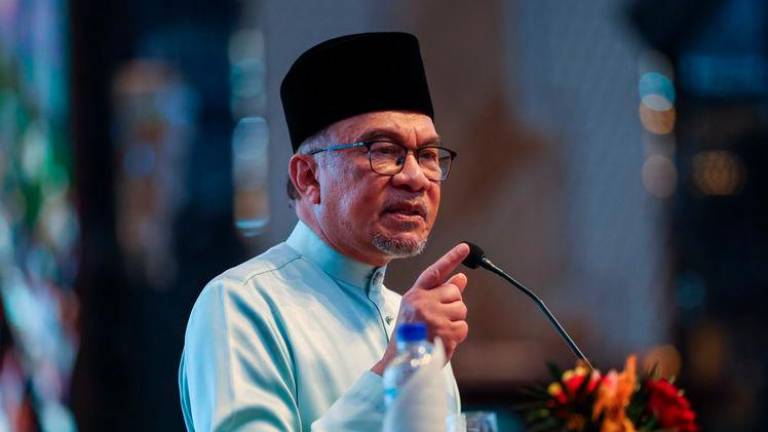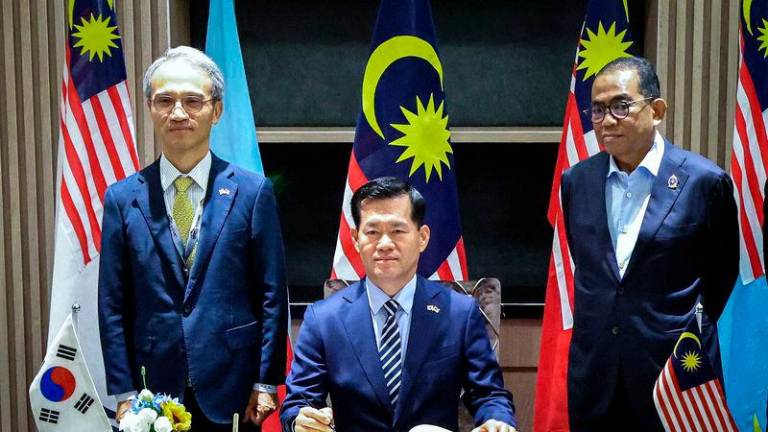KUALA LUMPUR: The Malaysian Vape Chamber of Commerce or Dewan Perniagaan Vape Malaysia (DPVM) has said the move to introduce excise duties should cover vape e-liquids with nicotine and that the vape industry must be quickly regulated, including regulating standards for vape e-liquids with nicotine.
An excise duty on liquids for e-cigarettes, including vape, at a rate of RM0.40 per ml was announced by the government during the Budget 2021 presentation in November. An ad valorem excise tax of 10% on vape devices was also introduced.
The Royal Malaysian Customs Department announced recently that the tax shall be imposed only on non-nicotine vape liquids.
“Any taxation and regulation imposed should be holistic and take into account the current market situation,” PDVM president Syed Azaudin Syed Ahmad said.
“ In the local market, more than 97% of the vape e-liquids sold contain nicotine, with a similar trend seen in other countries. However, there is still no taxation and regulation covering vape e-liquids with nicotine.”
Syed Azaudin also feels that if the tax is implemented only for non-nicotine liquids, the move would be an exercise in futility as it does not take into account industry and consumer needs.
Currently there are 1.12 million vapers in Malaysia according to the National Health and Morbidity Survey 2019[ Ministry of Health Malaysia, National Health and Morbidity Survey 2019, pg 86 - http://iku.moh.gov.my/images/IKU/Document/REPORT/NHMS2019/Report_NHMS2019-NCD_v2.pdf] conducted by the Ministry of Health.
DPVM estimates that there are 3,000 vape related businesses, mainly operated by Bumiputera entrepreneurs employing up to 25,000 workers. DPVM also estimates that the vape industry is worth more than RM2 billion annually.
“The vape industry in Malaysia is not small and there is a mature and large ecosystem involving manufacturers, importers and consumers. This is a fact that cannot be ignored. In view of this, the Government should quickly introduce a comprehensive set of regulations, including consumerism and product standards for vape e-liquids with nicotine,” said Syed Azaudin.
According to him, many developed countries have introduced regulations for the vape industry, including consumerism and product standards for vape e-liquids with nicotine.
“Countries such as UK, New Zealand and Canada acknowledge the role of vape in helping cigarette smokers quit smoking and switch to vaping, which has proven to be less harmful than smoking. These countries also have regulations that cover the industry and enable consumers to obtain products that adhere to standards that have been set.
“The vape industry urges the government to re-evaluate these factors and introduce a comprehensive regulation and taxation regime for the industry,” Syed Azauddin added.










